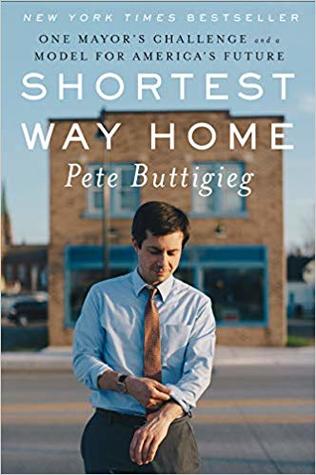More on this book
Community
Kindle Notes & Highlights
Read between
June 2 - July 13, 2019
Jon Stewart treated the graduates to a cheeky but rueful commentary on the “real world,” on behalf of the generation in charge: “I don’t really know how to put this, so I’ll be blunt. We broke it. . . . But here’s the good news. You fix this thing, you’re the next Greatest Generation, people.”
Rawls became famous for creating a new definition of justice, which boils down to this: a society is fair if it looks like something we would design before knowing how we would come into the world.
My education to date, and my hopes of making an impact in the world, pointed to public service, inquiry, and the arts, not business. But I also knew that I would have to understand business if I wanted to make myself useful in practice.
One night I stopped work at four in the morning, only to toss and turn in my hotel bed, dreaming in spreadsheets.
For all the power that data analysis represents—and I’ve worked to build a reputation for running one of the country’s most data-oriented city administrations—it also has its limitations, and the potential for mischief. You might spend lots of time and resources gathering data that will never be used, or accumulate data that winds up telling you things you already know.
Progress could begin only once the loss had been fully metabolized. Nothing is more human than to resist loss, which is why cynical politicians can get pretty far by offering up the fantasy that a loss can be reversed rather than overcome the hard way. This is the deepest lie of our recent national politics, the core falsehood encoded in “Make America Great Again.” Beneath the impossible promises—that coal alone will fuel our future, that a big wall can be built around our status quo, that climate change isn’t even real—is the deeper fantasy that time itself can be reversed, all losses
...more


